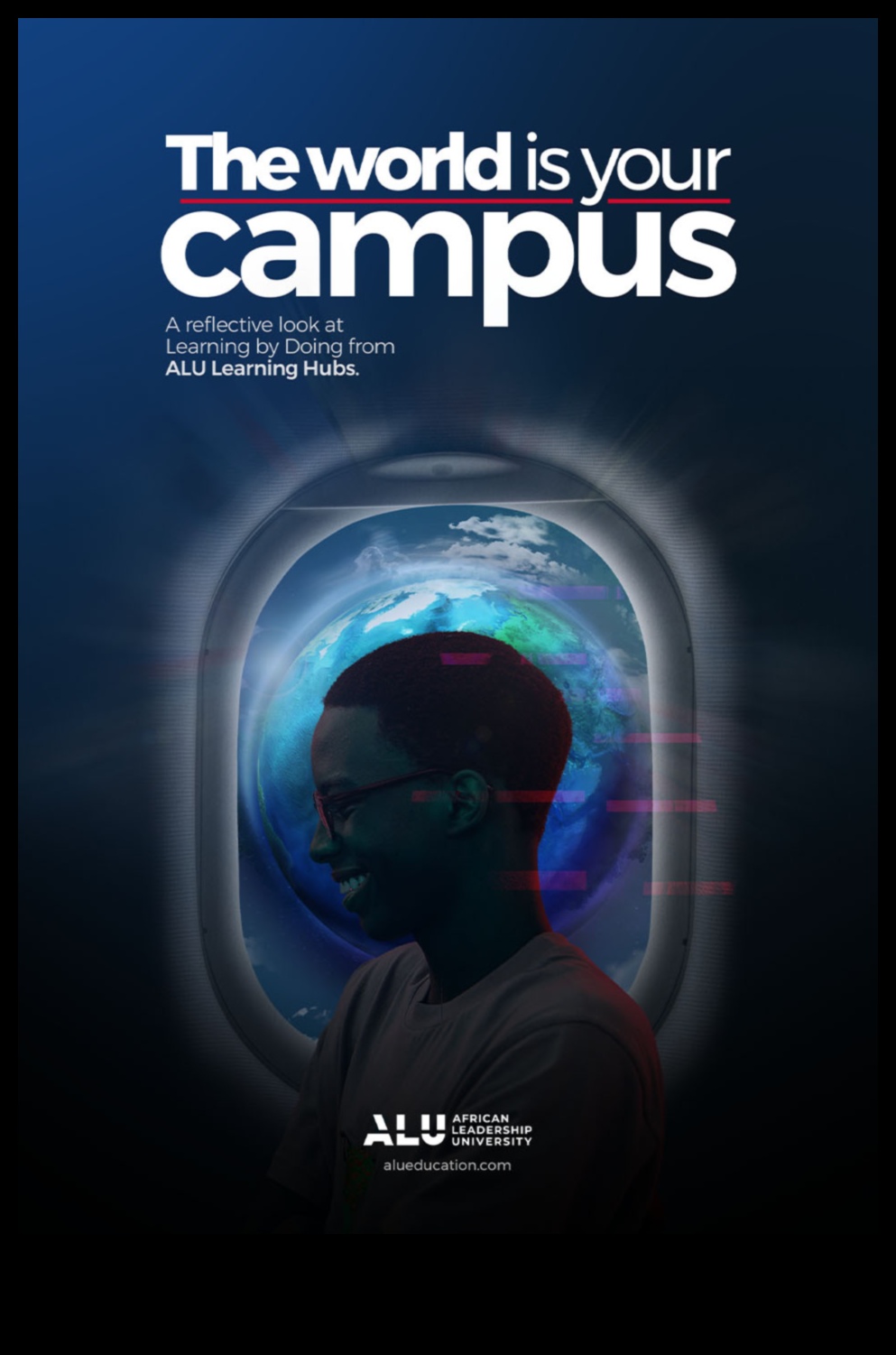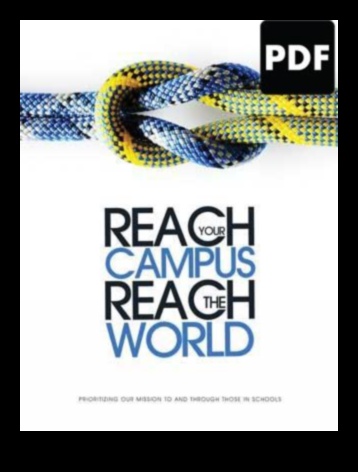
I. Introduction
II. Benefits of studying abroad
III. How to choose a study abroad program
IV. Financing your study abroad experience
V. Applying for a study abroad program
VI. Preparing for your study abroad experience
VII. Arriving and settling in to your new country
VIII. Living and studying abroad
IX. Returning home after your study abroad experience
X. FAQ
| Feature | Answer |
|---|---|
| Study abroad | The process of studying at a university or college in a foreign country. |
| International student | A student who is not a citizen or permanent resident of the country in which they are studying. |
| Study visa | A visa that allows a student to study in a foreign country. |
| Cost of studying abroad | The cost of studying abroad varies depending on the country, university, and program. |
| Scholarships for studying abroad | There are many scholarships available for students who want to study abroad. |

II. Benefits of studying abroad
Studying abroad can be a life-changing experience. It offers you the opportunity to learn about a new culture, improve your language skills, and make lifelong friends. Here are some of the benefits of studying abroad:
You’ll learn about a new culture. Studying abroad is a great way to learn about a new culture and way of life. You’ll get to experience different customs, traditions, and religions. You’ll also learn about the history and politics of the country you’re visiting.
You’ll improve your language skills. If you’re studying in a country where the primary language is not English, you’ll have the opportunity to improve your language skills. This is a great way to become more fluent in another language and to develop your intercultural communication skills.
You’ll make lifelong friends. One of the best things about studying abroad is the opportunity to make lifelong friends from all over the world. You’ll meet people from different cultures and backgrounds, and you’ll learn about their perspectives on life. These friendships can last a lifetime.
You’ll become more independent. Studying abroad is a great way to become more independent. You’ll have to figure out how to get around, how to do your laundry, and how to cook your own food. This will help you become more self-reliant and confident.
You’ll have a more global perspective. Studying abroad will give you a more global perspective on the world. You’ll learn about different cultures and ways of life, and you’ll see how the world works from a different perspective. This can help you become more tolerant and understanding of other cultures.
III. Benefits of studying abroad
Studying abroad can be an incredibly rewarding experience. It can provide you with the opportunity to learn about a new culture, improve your language skills, and meet new people from all over the world.
Here are some of the benefits of studying abroad:
- You will learn about a new culture and way of life.
- You will improve your language skills.
- You will meet new people from all over the world.
- You will gain a global perspective.
- You will become more independent and self-reliant.
- You will have the opportunity to travel and explore new places.
If you are considering studying abroad, I encourage you to do your research and find a program that is right for you. It is an experience that you will never forget.
IV. Financing your study abroad experience
Financing your study abroad experience can be a challenge, but there are a number of resources available to help you make it happen.
Some of the most common ways to finance a study abroad experience include:
- Scholarships and grants
- Student loans
- Personal savings
- Work-study programs
- Fundraising
Scholarships and grants are a great way to offset the cost of studying abroad. There are many different scholarships available, so be sure to do your research and apply for as many as you qualify for.
Student loans can also be a helpful way to finance your study abroad experience. However, it is important to be aware of the terms and conditions of the loan before you borrow money.
Personal savings can be a great way to pay for your study abroad experience. However, it is important to make sure that you have enough money saved up to cover all of your expenses.
Work-study programs can be a great way to earn money while you are studying abroad. These programs allow you to work part-time while you are taking classes.
Fundraising can be a great way to raise money for your study abroad experience. You can hold bake sales, car washes, or other events to raise money.
No matter how you choose to finance your study abroad experience, it is important to make sure that you are prepared for the financial challenges that you may face.

V. Applying for a study abroad program
The process of applying for a study abroad program can vary depending on the program you are interested in. However, there are some general steps that you will need to follow.
- Research different study abroad programs. There are many different programs to choose from, so it is important to do your research and find one that is the right fit for you.
- Contact the program coordinator to learn more about the program and the application process.
- Complete the application form. Be sure to carefully read the instructions and provide all of the required information.
- Submit your application materials on time.
- Wait for a decision from the program coordinator.
Once you have been accepted to a study abroad program, you will need to start preparing for your trip. This includes getting your passport and visa, arranging your travel, and making sure you have the necessary insurance.
Studying abroad can be an amazing experience that will help you to grow as a student and as a person. By following these steps, you can increase your chances of being accepted to a study abroad program and making the most of your experience.

VI. Living and studying abroad
Living and studying abroad can be an amazing experience, but it can also be challenging. Here are some tips for making the most of your time abroad:
Be open to new experiences. Studying abroad is a great opportunity to learn about a new culture and way of life. Be open to trying new things and meeting new people.
Get involved in your community. There are many ways to get involved in your community while studying abroad. Join a club or organization, volunteer your time, or simply meet up with friends for coffee or a meal.
Learn the local language. Learning the local language will help you to communicate with locals and immerse yourself in the culture. There are many resources available to help you learn a new language, such as classes, online programs, and language exchange partners.
Be patient. Adjusting to a new culture takes time. Be patient with yourself and don’t expect to be perfect right away.
Don’t be afraid to ask for help. If you’re struggling, don’t be afraid to ask for help from your teachers, classmates, or friends. There are also many resources available online and in libraries to help you with your studies.

VII. Arriving and settling in to your new country
Arriving in a new country for the first time can be an exciting but also daunting experience. There are a lot of things to think about, from getting your bearings to finding a place to live. Here are a few tips to help you settle in and make the most of your time abroad:
- Do your research. Before you arrive, do some research on your new country to learn about the culture, the language, and the customs. This will help you to prepare for what to expect and to make a smooth transition.
- Get your bearings. Once you arrive, take some time to get your bearings and explore your new surroundings. Find out where the major landmarks are, where to find the best food, and how to get around.
- Find a place to live. If you’re not staying with a host family, you’ll need to find a place to live. There are a variety of options available, from dorms to apartments to shared houses. Do your research and find a place that’s a good fit for you.
- Make friends. One of the best ways to settle in and make the most of your time abroad is to make friends. There are a variety of ways to meet people, from joining a club or organization to taking a class.
- Be open to new experiences. Studying abroad is a great opportunity to learn about a new culture and to challenge yourself in new ways. Be open to new experiences and embrace the opportunity to learn and grow.
Living and studying abroad
Living and studying abroad can be an amazing experience, but it can also be challenging. Here are some tips for making the most of your time abroad:
Be open to new experiences. One of the best things about studying abroad is the opportunity to meet new people, learn about new cultures, and try new things. Embrace this opportunity and don’t be afraid to step outside of your comfort zone.
Learn the local language. Even if you don’t become fluent, learning the local language will help you to communicate with locals and immerse yourself in the culture.
Be respectful of local customs. When you’re living in a foreign country, it’s important to be respectful of local customs. This means dressing appropriately, being aware of your surroundings, and avoiding behaviors that may be considered offensive.
Get involved in your community. One of the best ways to make friends and learn about a new culture is to get involved in your community. Volunteer your time, join a club or sports team, or attend local events.
Don’t be afraid to ask for help. If you’re feeling overwhelmed or homesick, don’t be afraid to reach out for help. There are plenty of resources available to help you adjust to life abroad.
Studying abroad can be a life-changing experience. By following these tips, you can make the most of your time and come home with a new perspective on the world.
Returning home after a study abroad experience can be a challenging but rewarding experience. It can be difficult to adjust to life back home after living in a different country for an extended period of time. However, there are many things you can do to make the transition back home smoother.
Here are a few tips for returning home after your study abroad experience:
- Take some time to adjust. It may take a few weeks or even months to adjust to life back home after your study abroad experience. Give yourself time to process your experiences and adjust to your new surroundings.
- Reconnect with your friends and family. It may be difficult to reconnect with your friends and family after being away for an extended period of time. However, it is important to make an effort to stay connected with the people who are important to you.
- Reassess your goals and dreams. Your study abroad experience may have changed your goals and dreams for the future. Take some time to reflect on your experiences and think about what you want to do next.
- Continue to learn and grow. Your study abroad experience is just one chapter in your life. Continue to learn and grow by challenging yourself with new experiences.
Returning home after a study abroad experience can be a challenging but rewarding experience. By following these tips, you can make the transition back home smoother and more successful.
X. FAQ
Q1: What are the benefits of studying abroad?
A1: There are many benefits to studying abroad, including:
- Gaining a global perspective
- Learning a new language
- Meeting new people from different cultures
- Experiencing a new culture
- Developing new skills
Q2: How do I choose a study abroad program?
A2: There are a few things to consider when choosing a study abroad program, including:
- Your budget
- Your academic interests
- Your desired location
- Your travel preferences
Q3: How do I finance my study abroad experience?
A3: There are a few ways to finance your study abroad experience, including:
- Scholarships
- Student loans
- Savings
- Work-study programs